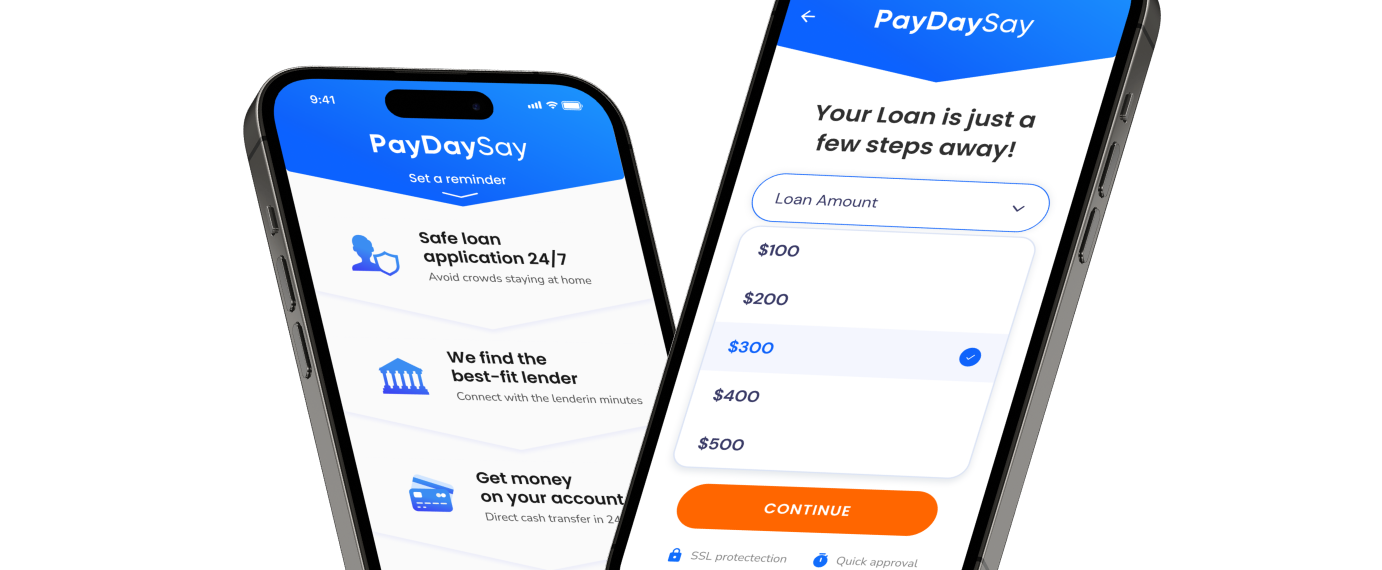Are you currently paying a car loan? If so, you may consider refinancing to ensure you get the best deal rather than lose money.
You’ve probably heard of refinancing as a great way to make payments more manageable. While it’s true that there are many advantages to refinancing your car loan, it’s also important to learn about any potential drawbacks. After all, refinancing is not for everyone and comes with some risks, which can end up with you paying more.
So, this begs you to ask: Is all this worth it for better financing? Learn more about what refinancing is and its pros and cons here!
What is Auto Loan Refinancing?
You’re probably wondering – What is refinancing? When you’re about to purchase a vehicle, you likely accepted the initial terms offered at the dealership. While it sounded convenient back then, in the months ahead, there may come a time you’ll either regret the terms or won’t be able to afford the payments later on.
This is where refinancing your car loan comes along. Essentially, this means taking out a new car loan to pay off an existing one. Your new car loan will replace and pay off the original one, using your vehicle as collateral. This entails transferring your vehicle title to the new lender.
This may sound a bit counteractive, as some presume that means starting with entirely new terms.
However, when done right, you can actually use it to save money and lower your monthly payments.
The next section will discuss this in greater detail.
How Does Auto Loan Refinancing Work?
The process is fairly simple, usually taking less than an hour. Most lenders will provide their decision and terms shortly. That said, it will depend on the lender and the requirements you submit!
Here are the four simple steps to follow:
- Make a list of companies that may offer lower interest rates than the current one you’re with.
- Prepare your requirements and submit your application for a new loan. When you receive terms from the lenders, review and narrow down your choice to the most cost-effective one.
- Give the new lender the authority to completely pay off your existing car loan.
- Begin the payments to the new company.
Pros of Refinancing an Auto Loan
Here are possible major advantages when you decide to refinance:
Pay Less Interest
Those who had poor to no credit after buying their vehicle and have since improved it over time can qualify for lower interest rates. That’s why refinancing is a good choice for those who have made consistent payments for 6-12 months on time.
Refinancing is also a good choice for those who initially accepted higher interest rates at a dealership that you may have been qualified for elsewhere. Even a 1% reduction in interest rate goes a long way!
Lowered Monthly Payment
This is the biggest goal most people look for when they choose to refinance their car loan. When doing this, there’s a possibility of reducing the monthly vehicle payment that might already be too hefty on your monthly budget.

With a lower vehicle payment, you’ll be able to fit your monthly budget and use your funds to pay off other expenses and debts. It may also help people suffering from financial difficulties, such as paying off emergencies or experiencing an unexpected income drop.
When you refinance to a lower interest rate, you can further decrease your vehicle payment. But this may also entail having to extend the long term, which may not be a wise choice because you’ll end up paying more interest.
Completely Pay Off the Car Loan Earlier
If you have a higher income now than when you first bought the vehicle, you can refinance it to a shorter term and lower interest rate to pay the vehicle sooner. While you can pay extra on the current terms, refinancing can help you save further.
Tap Your Car Equity
If you’re in a tight spot and need, you might be able to borrow money using a cash-out auto refinance loan with your vehicle’s equity. This means borrowing money based on the value of your car minus how much you still owe. However, this is only suitable for financial emergencies!
Cons of Refinancing an Auto Loan
Don’t be blinded by the pros of refinancing! It’s important to do your due diligence and be aware of any risks involved. That said, here are the cons of refinancing a car loan.
You May Pay More Interest
When you refinance your car loan to a longer term to reduce the monthly payments, you’ll see that you’re paying even more overall due to the additional months of interest paid. Even reduced interest rates won’t likely offset the costs of extending your term.
Possibility of Paying Fees
Before starting the process of refinancing your car loan, you must check with your current lender if there is a prepayment penalty involved if you pay your debt early. The state might charge fees to transfer your car’s title or re-register it, or you might have to deal with application and origination fees from the lender.
That’s why it’s important to compare how much fees you’ll need to pay and if it’s worth it based on how much you’ll save from refinancing.
Lose Money in the Long Run
It’s true that you may be able to save money when you refinance auto loans in the long run. But the same goes for losing it! When doing this to extend your term or take cash out, you may owe even more than your vehicle’s worth.
Is Car Refinancing Right for You?
Now that you know more about the pros and cons of refinancing a car loan, do you think it’s worth it? Here are times it is a good choice:
You Have an Improved Credit Score
When first borrowing money, you probably learned that a credit score has a huge impact on the terms you receive. A low credit score means a higher interest rate.
After you made consistent payments on your current auto loan, you may have noticed that you have a better credit score than before.
As such, auto loan refinancing makes more sense than paying off your current one. In addition, better credit scores can mean lower interest rates and better terms, making it wise to consider changing lenders.
You Found a Better Deal
Obviously, you wouldn’t want to replace your existing terms with another with worse ones. So auto loan refinancing is only a good idea if you can get a better deal!
If you did, make sure you read through the new interest rates and term length, ensuring you save more money than the existing loan while still having manageable payment terms.
It’s also suitable for those who cannot make their current payments to get a lower monthly payment. This will prevent hefty penalties, worsened credit scores, or even vehicle repossession.
Financial Emergencies
Financial emergencies can be unexpected, and unfortunately, not everyone will be prepared for them. This is where auto loan refinancing can help loaners gain quick access to cash.
But again, be wary when doing this, as this isn’t a wise financial decision unless you’re really in need of cash at the moment and will be ready to pay it off.
Alternatives to Car Refinancing
If you don’t believe auto loan refinancing is the proper route, there are other alternatives you can consider, such as:
Personal Loan
If you require cash, then a personal loan is a good choice. This is money borrowed from a bank or financial institution for various purposes.
Like your car loan, there’s a set repayment period and monthly payments with fixed interest rates. You may also pay the entire amount upfront if possible.
Balance-Transfer Credit Card
Balance transfers are similar to car refinancing but made via credit cards! These are a great choice for those who would like to transfer the amount owed to one credit card to another with lower interest rates and other benefits, like rewards programs. Some credit card companies even offer promotions like waived balance transfer fees or no-interest charges for a set period.
If you’re looking for a quick way to get funds for emergencies, you might also consider using an online loans app. These apps can provide fast access to money, but be sure to compare terms and fees to ensure you get the best deal.













 on your homescreen
on your homescreen
